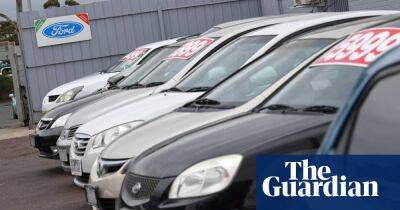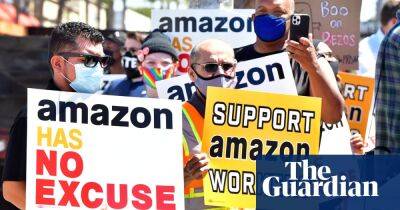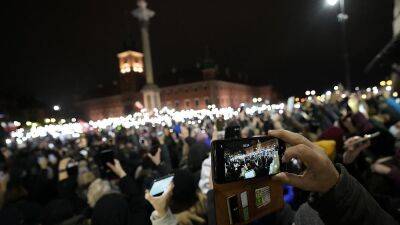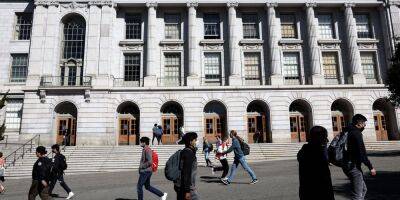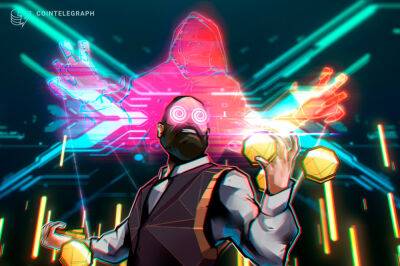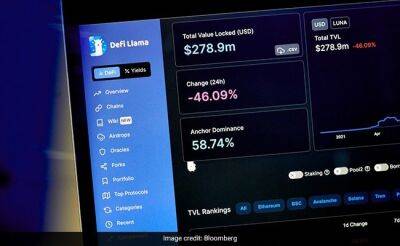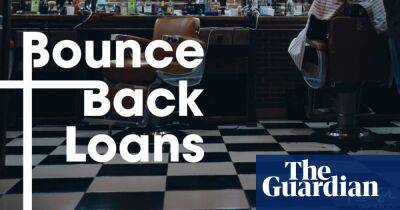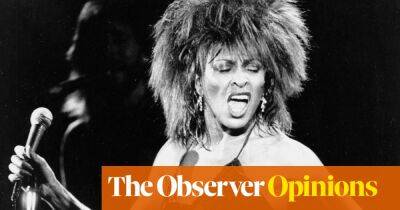A bike, a skateboard or the Elizabeth line? It depends where you want society to go
In a lot of ways, cities are about movement. Commuting, cultural visits, consumer binges, social trips or just staring out of the bus window, feeling part of the flow: motion makes urban life fulfilling, sometimes very tiring and occasionally sublime. Over recent years, without much discussion, the way we move around cities has changed. The change started before the pandemic, but Covid accelerated it, and it has continued as the pandemic has apparently receded.
Since 2010, the UK has acquired bike-hire schemes and Ubers, more than 1 million electric bikes and electric scooters, and a fleet of other personal transport solutions, from electric skateboards to bikes with trailers. A whole new world of what transport theorists call micromobility, some of it backed by corporations, not all of it legal, has appeared on urban roads.
For some people, it has been liberating. Owning a car in a city is expensive, especially during an energy crisis, and increasingly impractical, thanks to much-needed environmental measures such aslow traffic neighbourhoods. Micromobility offers more personal choice – you can go almost anywhere; more anonymity – no need for number plates or a licence; and, especially if you’re pedalling, feelings of empowerment. In an impatient age, it’s also faster than walking. Where I live in east London, with bikes and scooters cruising past in all directions and barely a moving car in sight, the quieter residential streets feel like a vision of greener city living from the 1970s finally come to life. The future of urban travel seems to have arrived, and it’s small-scale and individualised.
So in some respects it’s an awkward time for London to open the Elizabeth line, a £19bn upgrade of a 19th-century idea: that the
Read more on theguardian.com

![LINK [Chainlink] is back but there is a major roadblock for investors ahead - ambcrypto.com](https://finance-news.co/storage/thumbs_400/img/2022/6/7/28623_i2rz.jpg)
